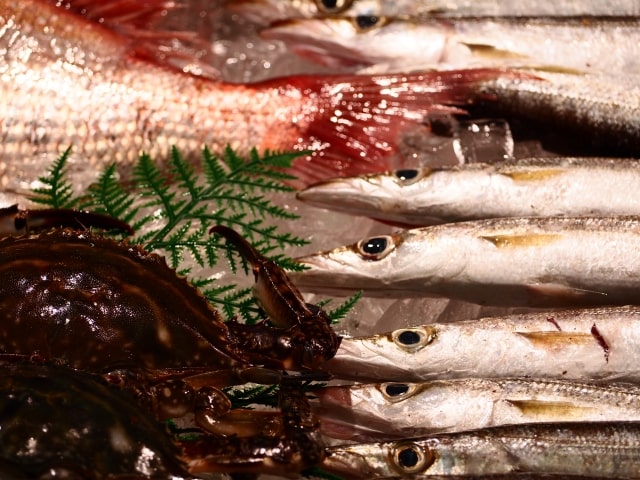In 2023, China suspended imports of Japanese seafood due to concerns over the release of treated water from the Fukushima Daiichi Nuclear Power Plant. However, in September 2024, news broke that China would suddenly resume imports, drawing international attention. This decision has sparked various reactions both domestically and abroad. In this article, we will review the background of this issue and examine the situation. We will also focus on the “more dangerous treated water” being released from China’s own nuclear plants and highlight the contradictions in the handling of these issues between Japan and China.
The Treated Water Release from Fukushima Daiichi: What Is the Issue?
It has been 12 years since the Fukushima Daiichi Nuclear Power Plant accident, and large amounts of water containing radioactive substances have been stored in tanks on-site. As the storage capacity neared its limit, the Japanese government and TEPCO (Tokyo Electric Power Company) announced their plan to release treated water (ALPS treated water) into the ocean, following international standards. While the treated water contains trace amounts of tritium, the International Atomic Energy Agency (IAEA) has assured its safety.
Despite these assurances, China strongly opposed the release of the treated water, leading to a full suspension of Japanese seafood imports in August 2023. The Chinese government argued that “the treated water from Japan could potentially affect the health of its citizens.” However, experts internationally have pointed out that China’s response lacks solid scientific grounds.
The Issue of Treated Water from China’s Nuclear Plants
Meanwhile, China’s own nuclear power plants are operational, and they too release water containing radioactive substances. Notably, the Daya Bay Nuclear Power Plant in Guangdong Province and the Qinshan Nuclear Power Plant in Zhejiang Province are reported to regularly discharge tritium-containing water into the sea. According to reports, the Daya Bay plant discharges several trillion becquerels of tritium annually into the ocean, far exceeding the amount released from the Fukushima Daiichi plant.
Despite this, the Chinese government maintains that “domestic treated water meets the necessary standards and poses no problem.” However, they continue to take a hardline stance against Japan’s treated water, even though both follow similar safety standards. This double standard has drawn criticism from both the international community and within Japan.
International Reactions and China’s Double Standards
China’s suspension of Japanese seafood imports has been met with criticism from some countries and international organizations. Rafael Grossi, Director General of the IAEA, confirmed that Japan’s release of treated water is being carried out safely according to international standards. He emphasized the need for neighboring countries, including China, to understand the safety measures in place.
Although there are a few voices within China calling for decisions to be made based on scientific data, the government remains firm in its position, stating that it is acting to protect the health of its citizens. However, little has been said about the tritium released from China’s own nuclear plants, and the government’s lack of transparency in this area stands out.
This stance has been criticized as “double standards,” with dissatisfaction growing on the Japanese side as well. Many see China’s import ban on Japanese seafood, despite its safety being verified, as being driven more by political motives than by scientific evidence.
Future Outlook
China’s sudden decision to resume imports of Japanese seafood can be seen as a sign of improving relations between the two countries. However, it is also possible that domestic shortages of seafood and economic factors played a role in this decision. Additionally, the resumption of imports could be part of a strategy to respond to both international pressure and criticism from inside and outside the country.
On the other hand, the issue of treated water from Fukushima Daiichi remains under international scrutiny, and it will be important for the Japanese government and international organizations to maintain transparency by continuing to publish data and conduct monitoring. Likewise, the international community will need to keep a close eye on how China handles the discharge of treated water from its own nuclear plants.
Conclusion
China’s response to the Fukushima Daiichi treated water issue appears to be more politically motivated than based on scientific evidence. Despite the fact that China’s own nuclear plants release far more tritium into the ocean than Japan, China has imposed harsh measures on Japanese seafood imports. However, with the resumption of imports, there is potential for improvement in Sino-Japanese relations. Moving forward, both countries will need to act transparently and base their actions on scientific data.
The future of seafood trade and diplomatic relations between Japan and China will continue to be influenced by international standards and rules.









Comments